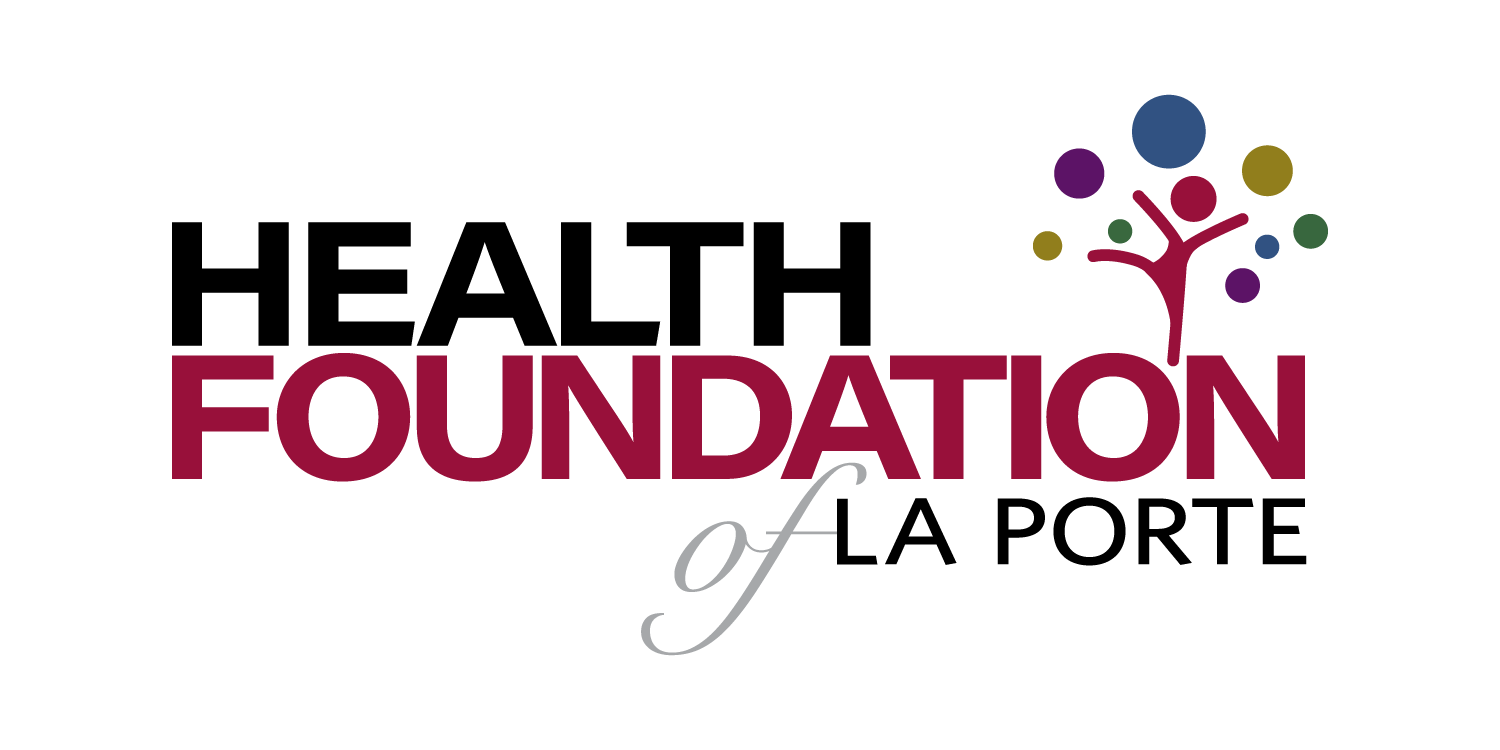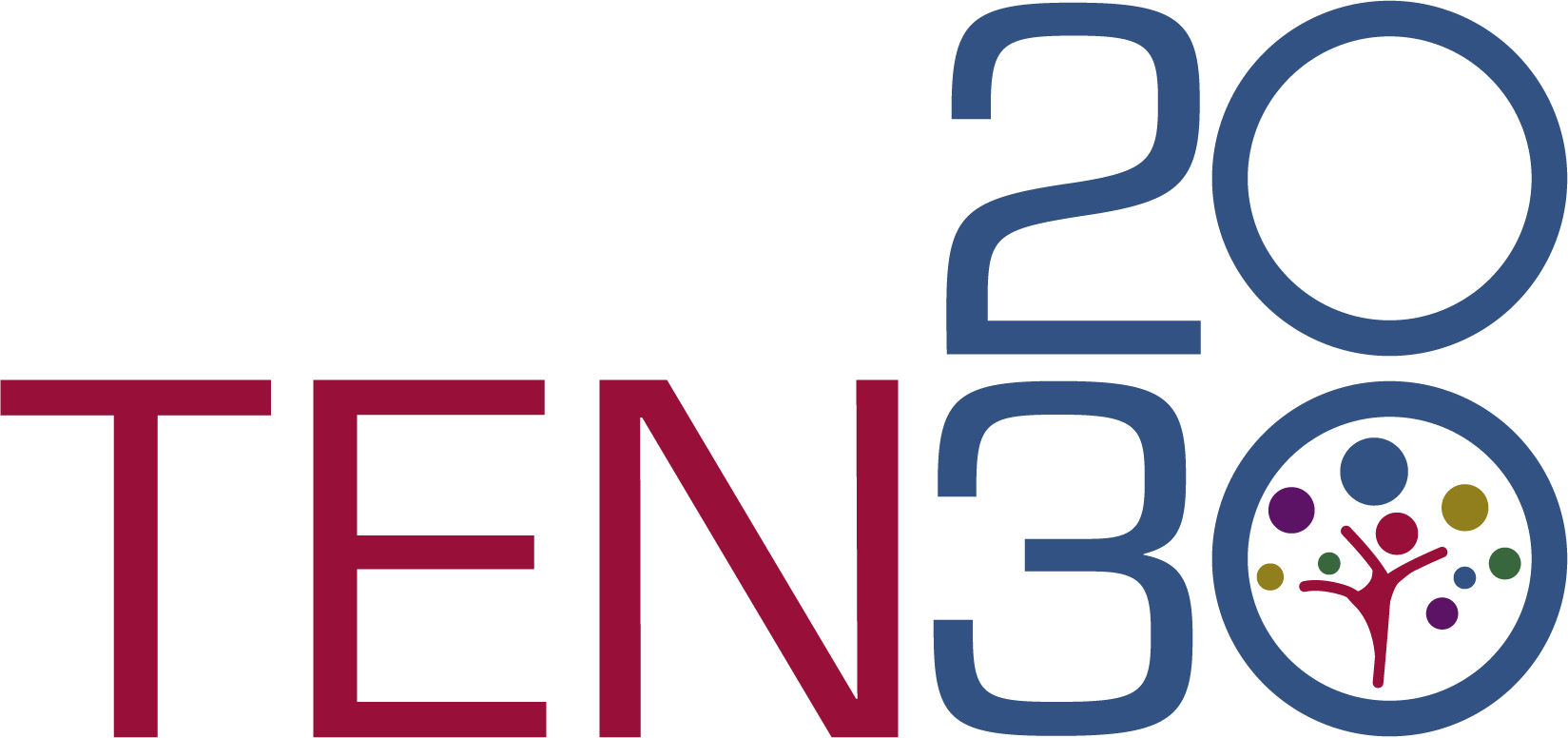Cost Benefit Analysis of Providing Non-Emergency Medical Transportation
An Effective Practice
Description
This study estimates the cost-effectiveness of improving access to healthcare for the transportation-disadvantaged population with 12 types of chronic conditions or preventive medical needs. It examined whether this hypothesized net decrease in healthcare costs exceeds the incremental increase in transportation costs and the increase quality of life.
Goal / Mission
The goals of this promising practice were to identify the transportation-disadvantaged population that lacks nonemergency medical care because of low access to transportation; determine the medical conditions that this population experiences and describe other characteristics of these individuals, including geography; estimate the cost of providing the transportation necessary for this population to obtain medical transportation according to various transportation service needs and trip modes; estimate the healthcare costs and benefits that would result if these individuals obtained transportation to non-emergency medical care for key healthcare conditions prevalent for this population; and compare the relative costs (from transportation and routine healthcare) and benefits (such as improved quality of life and better managed care, leading to less emergency care) to determine the cost-effectiveness of providing transportation for selected conditions.
Impact
These results show that adding relatively small transportation costs do not make a disease-specific, otherwise cost-effective environment non-cost-effective. Providing increased access to non-emergency medical care does improve quality of life and saves money per patient.
Results / Accomplishments
Depending on medical condition and geography, NEMT costs ranged from $13–$46 per ride.
Providing NEMT was estimated to save $927 per patient with diabetes, $333 per patient with asthma, and $2,743 per patient with heart disease.
Providing NEMT was estimated to save $927 per patient with diabetes, $333 per patient with asthma, and $2,743 per patient with heart disease.
About this Promising Practice
Topics
Health / Health Care Access & Quality
Community / Transportation
Economy
Community / Transportation
Economy
For more details

